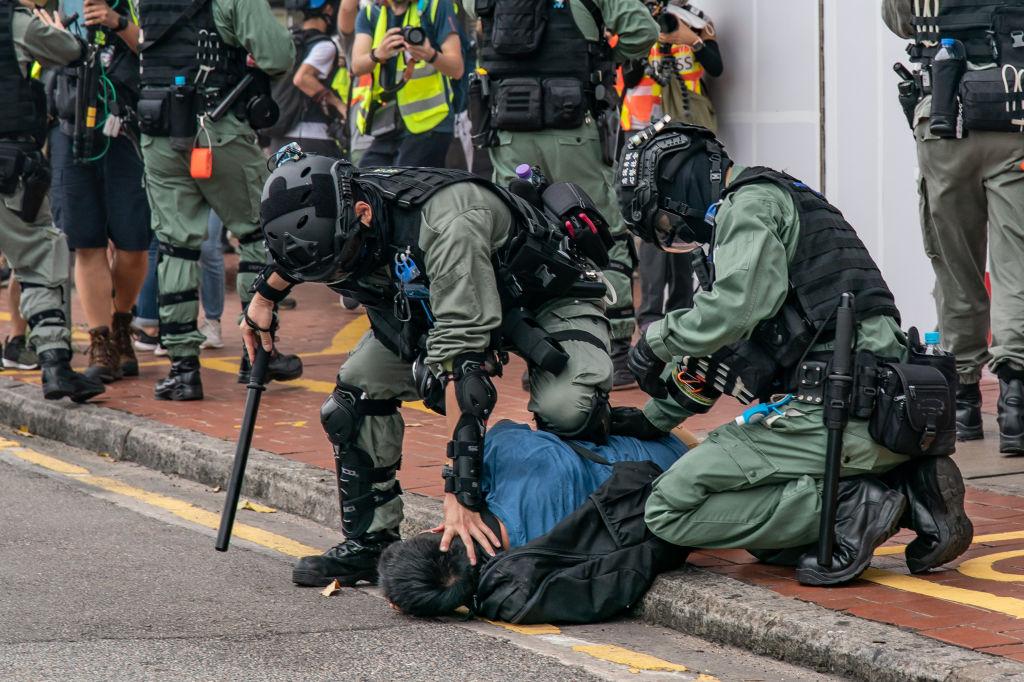Sen. Ben Sasse (R-Neb.) has announced a plan to introduce new legislation this week to automatically grant asylum to people in Hong Kong.
“The Chinese Communist Party’s willingness to break its treaty obligations on Hong Kong shows the world that Beijing cannot be trusted to honor any agreements,” said Sasse, a member of the Senate Select Committee on Intelligence, in a May 30 press release from his office.




